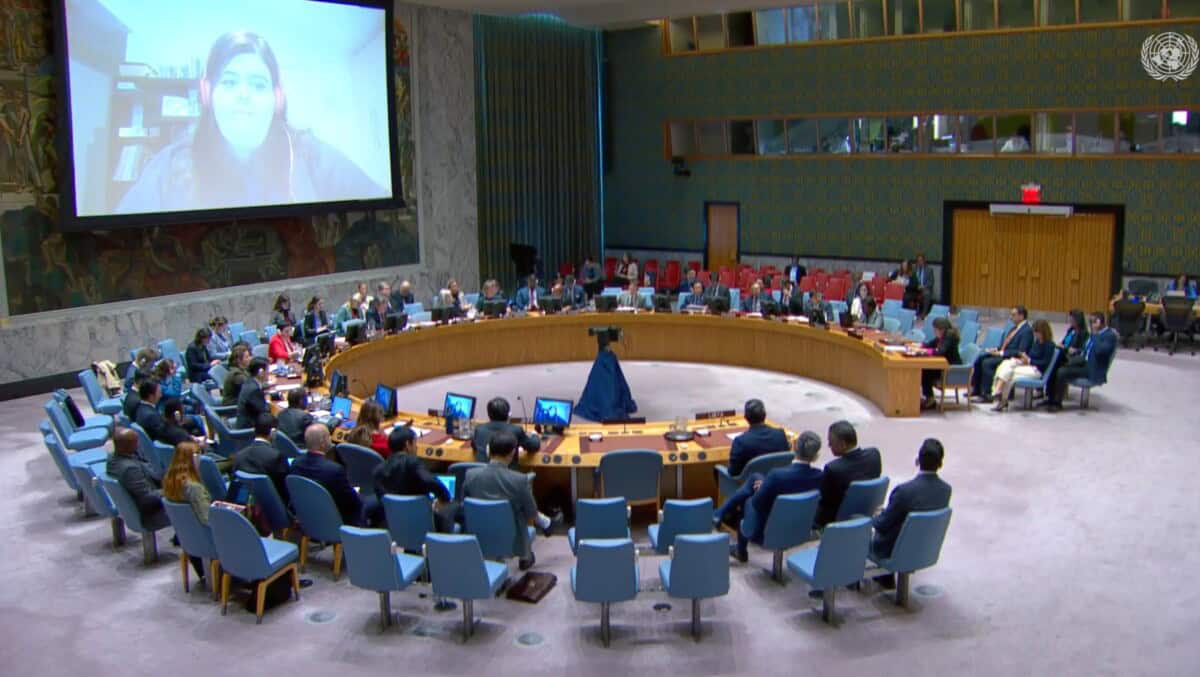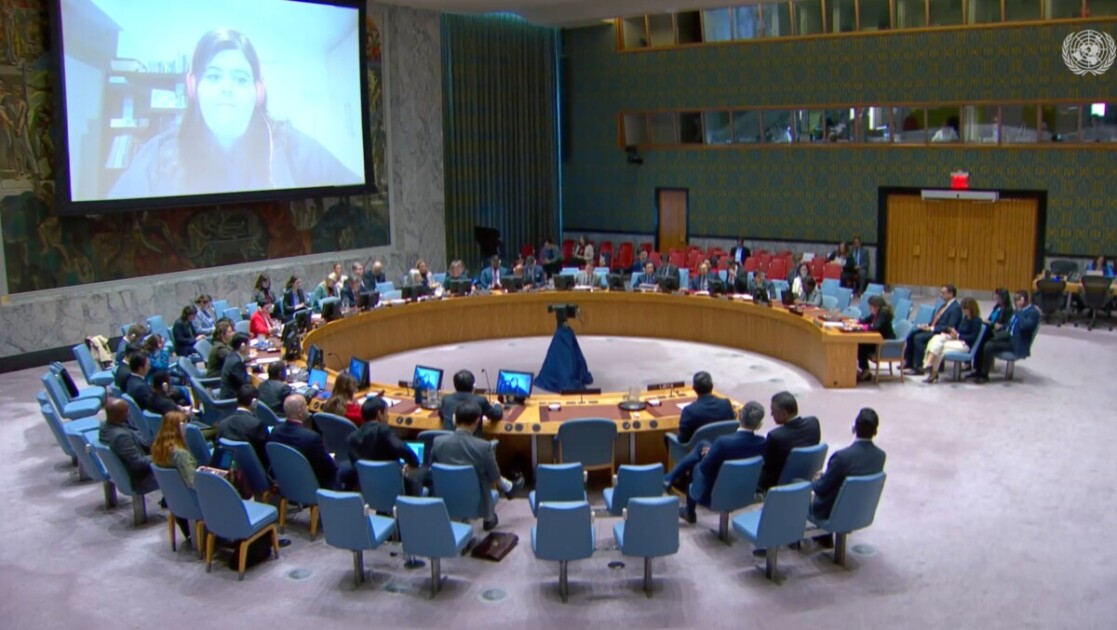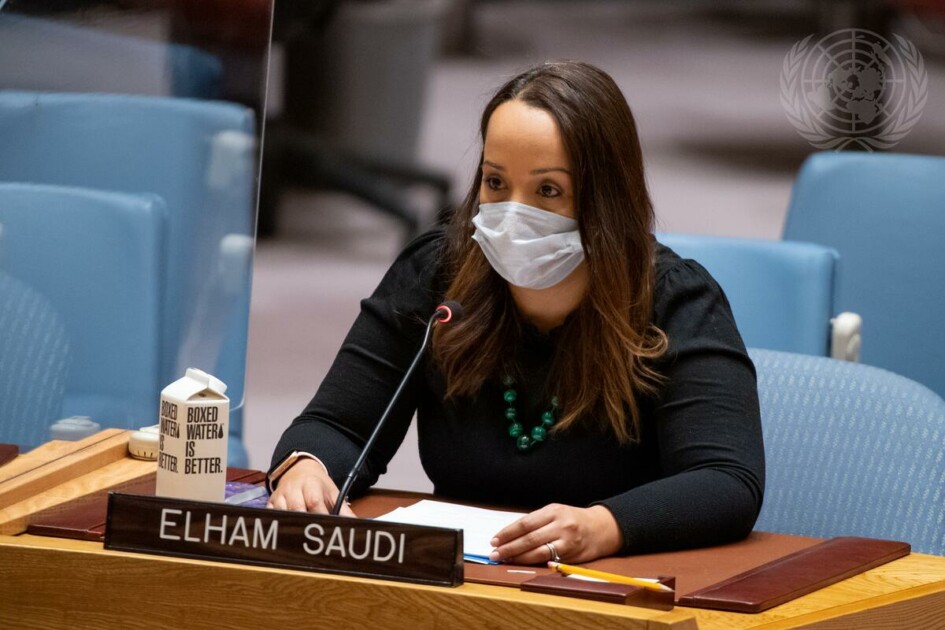Libya
Libya
Years after the deposition of dictator Moammar Gadhafi as part of the Arab Spring, Libya remains in a deteriorating security situation that is especially volatile for women. Sexual and gender-based violence during the war, including mass rape, has yet to be investigated, and women’s rights have continued to decline as different Islamic groups strive to curtail freedoms throughout the country. Violence against women remains common, but reporting remains low; like political and civic participation, reporting and activism by women remains deterred due to threats of violence or death.
Since 2011, Libya has passed new laws which discriminate against women, including the legalization of polygamy and quota reductions for women’s representation in Parliament. Although a party to the Convention on the Elimination of All Forms of Discrimination against Women (CEDAW), Libya does not have a National Action Plan per resolution 1325 (2000).
Due to the high rates of discrimination, exclusion and violence faced by women in Libya, the NGOWG advocates for the Security Council to continue supporting the United Nations Support Mission in Libya (UNSMIL) to include women as full and equal partners in supporting the transition of power to the Government of National Accord, which has struggled to establish legitimacy and control. Without the inclusion of women, the new government will face greater challenges to creating sustainable peace in Libya and continue exposing Libyan women to extreme risk of violence.
Current and Past Recommendations to the UN Security Council (Monthly Action Points)
In its discussion of the situation in Libya, including the recent ceasefire and resumption of the Libyan Political Dialogue Forum (LPDF), and the latest report of the UN Support Mission in Libya (UNSMIL), the Council should remind UNSMIL of its commitment to implement the WPS agenda and call on UNSMIL to ensure the meaningful participation of diverse women in all deliberations, decisions and outcomes of the Forum. Senior UN officials should provide clear and detailed updates and analysis of efforts made to ensure women’s full, equal and meaningful participation and leadership in the current peace and political dialogues UNSMIL facilitates, including on any barriers (S/2020/832) and on mechanisms to protect women’s rights organizations and women peacebuilders from threats and reprisals, as requested by its mandate (S/RES/2542 (2020)). If this information is not provided during briefings, Council members should follow up. Further, Council members are encouraged to welcome the recommendations from recent multi-stakeholder consultations with diverse women and support integration of these priorities in the upcoming LPDF, particularly around ensuring women’s participation and gender priorities in the new government (including 30% women in parliament) and LPDF outcome, as well as including women in all tracks. Moreover, in their statements Council members should call on UNSMIL to communicate transparently and sufficiently with women’s rights organizations in Libya with regards to the structure and design of peace and political processes they facilitate, in accordance with Resolution 2242 (2015), enabling them to advocate for women’s meaningful participation in national delegations participating in peace and political dialogues.
Public space for women to voice their opinions and take an active role in political and peacebuilding processes is rapidly shrinking: amid continued reports of intimidation and abduction of women leaders (Amnesty International), the Council should call on UNSMIL to clearly address these gendered barriers to political access and work with Libyan authorities to implement protection mechanisms to enable women, including human rights defenders, to participate safely and actively in public space without the fear of reprisal (S/2020/832). The Council should further call on UNSMIL to uphold its mandate (S/RES/2542 (2020)) to investigate and document all ongoing violations and possible war crimes committed in Libya, including extrajudicial killings, torture, rape and targeting of civilians and civilian objects, particularly in detention centers that lack female guards and where women and girl migrants and refugees are most at risk of gender-based violence (Amnesty), even following the ceasefire agreement (Human Rights Watch). The Council should call out Libyan authorities’ consistent failure to address long-standing patterns of abuse against refugees and migrants, including by state officials and affiliated militias (Amnesty), despite being well-documented (Amnesty, UNSMIL/OHCHR). Finally, the Council should ensure that an effective and coordinated gender-sensitive strategic approach for security sector reform emphasizing the reintegration of women in the security sector, quality services for survivors of sexual and gender-based violence and disarmament is a priority, including in the Humanitarian Response Plan of 2021.
Relevant Resources






